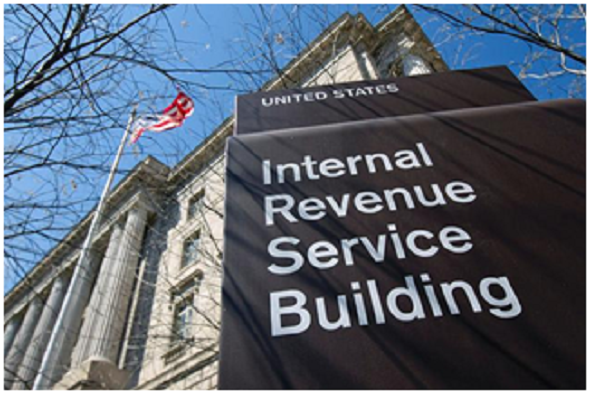|
Want an affordable, valuable benefit to offer your employees? Now you can. An announcement made this year by the US Treasury and IRS makes providing identity theft coverage an appealing benefit. When a company no matter the size provides employer-paid identity theft coverage, they are not to include the value of the plan in gross income reported on the employees W2’s. Nor is an employee who receives identity theft service benefits from an employer or someone else (such as in a breach situation by a credit card company, or store) required to claim it on their tax return (W2 or 1099). This announcement retroactively covers tax year 2015. Plus, it’s a tax deduction for the employer. In the past a company had to experience a breach or have a breach in its history to offer this tax-free benefit, now it is for any company of any size who wants to proactively guard against identity theft for its employees.
So are all plans alike? No. Although many sound like they offer the same services, it’s important to know what’s behind the promises. Unfortunately, credit monitoring is the most common form of protection offered to employees or customers when a breach occurs. But what about the other uses of someone’s identity that doesn’t show up on a credit report? It’s those other forms of identity theft that can destroy a family’s financial and emotional well-being. Medical Identity theft can deplete the medical benefits of the victim as well as compromise their medical record. When a thief poses as the victim and uses their medical benefits, the victim could experience complications when they need to use those benefits. When a thief overrides the victims medical record with their own, it can lead to inaccurate diagnoses and inappropriate medical treatment that can have fatal consequences. Social Security identity theft allows others to file fraudulent tax returns in the victim’s name. This can lead to years of trying to straighten out the mess with the IRS and other government agencies. Criminal and character identity theft can compromise the victim’s freedom if the thief commits crimes, whether petty or serious, using the victim’s personal information. Cybersecurity experts agree that the incidence of identity theft is growing and thieves are getting more sophisticated. This is evident by the number of times we hear about it. Should employees experience a breach either by someone hacking into their own company or into their offsite payroll company or medical benefits company, the employer becomes vulnerable to lawsuits. So as an employer, what do you look for once you make the decision to offer identity theft as an employer-paid benefit? You can start by asking potential providers these questions.
The answers to all of these questions will be very telling. Identity Theft coverage is a very affordable, valuable benefit to offer employees, but only if the execution behind the promises exists. If it doesn’t then it’s coverage in name only, not substance. Something else that is important for employers to realize: Providing identity theft coverage for employees can mitigate the liability the employer faces should their company experience a breach. The following is the actual text of the announcement made by the US Treasury and IRS: Text of IRS Announcement 2016-02: Federal Tax Treatment of Identity Protection Services "The Treasury Department and the IRS have determined that Announcement 2015-22 should be extended to include identity protection services provided to employees or other individuals before a data breach occurs. Accordingly, the IRS will not assert that an individual must include in gross income the value of identity protection services provided by the individual's employer or by another organization to which the individual provided personal information ... Additionally, the IRS will not assert that an employer providing identity protection services to its employees must include the value of the identity protection services in the employees' gross income and wages. The IRS also will not assert that these amounts must be reported on an information return (such as Form W-2 or Form 1099-MISC) filed with respect to such individuals. Any further guidance on the taxability of these benefits will be applied prospectively. This announcement does not apply to cash received in lieu of identity protection services." Lori Lawson is a LegalShield Director and is an ID Shield specialist. Her company, New Line Associates is located here in Oceanside and she has been a Chamber member for over ten years. Visit their website at newlineassociates.com. Email her at [email protected] for a free, no obligation fifteen-minute consultation. Comments are closed.
|
Categories
All
Archives
December 2023
|
|
|
|
|


 RSS Feed
RSS Feed
